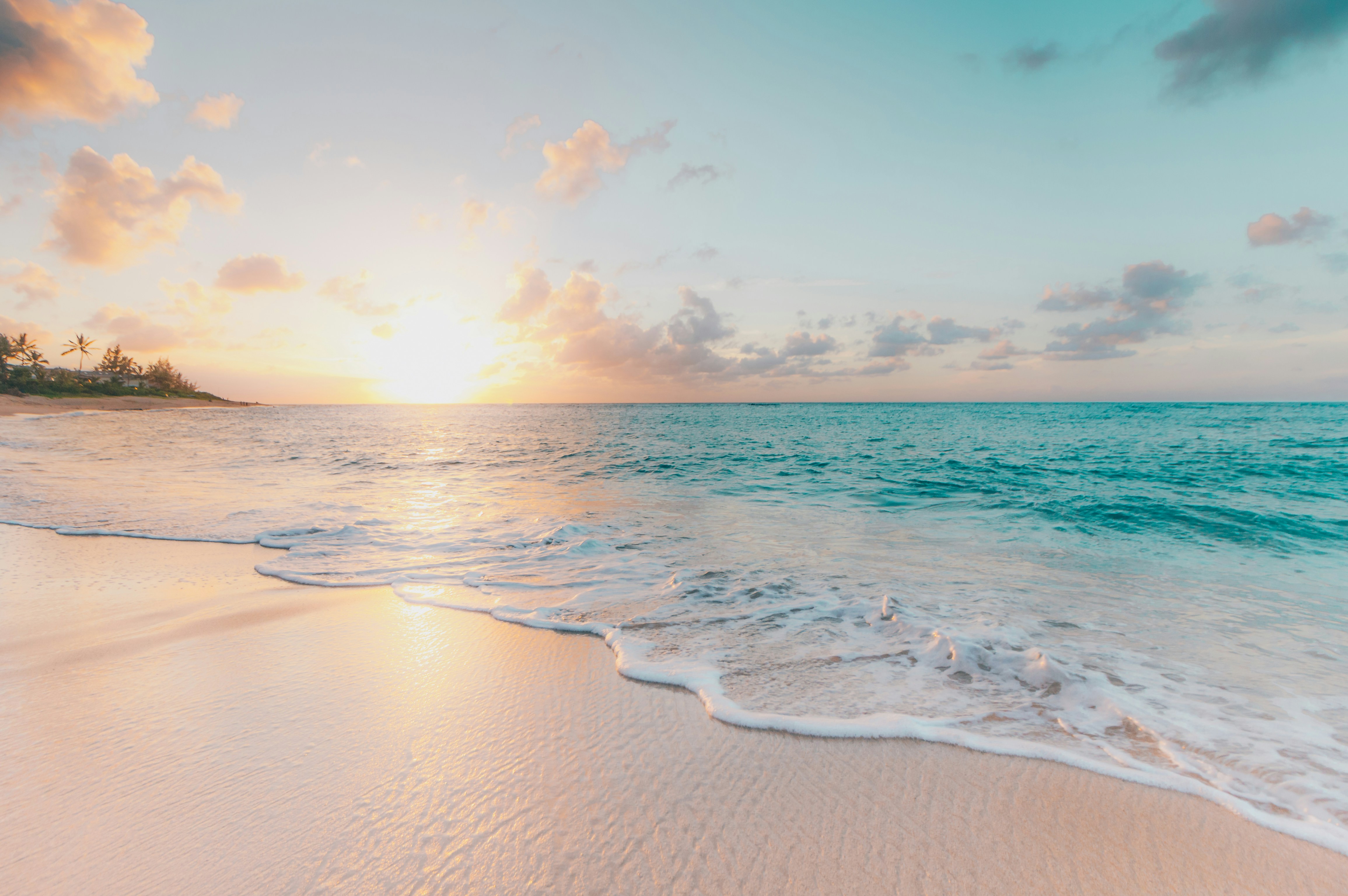Majuli Island – The Cultural Heart of Assam
Where the Brahmaputra flows through tradition, Satras echo with devotion, and every village tells a story of Assam’s soul.
Highlights of Majuli Island
🌿
World’s Largest River Island
Spread across the Brahmaputra, Majuli covers over 350 sq. km — a floating paradise shaped by water and time.
🕉
Cultural Heritage
Home to centuries-old Satras and Vaishnavite traditions founded by Srimanta Sankardeva — the soul of Assam’s spiritual life.
🎭
Vibrant Festivals
Especially Raas Leela and local fairs, showcasing folk dances, music, and theater — alive with devotion and joy.
🍲
Authentic Assamese Cuisine
Fresh fish, rice beer, and traditional tribal delicacies — served with warmth on banana leaves.
🚣
Scenic Natural Beauty
Lush paddy fields, migratory birds, and serene riverside views — nature in perfect harmony.
🤝
Warm Tribal Communities
Experience the life of Mishing and Deori tribes — their bamboo homes, handwoven textiles, and heartfelt hospitality.
The Satras of Majuli – Spiritual & Cultural Hubs
Majuli is synonymous with Satras, the Vaishnavite monasteries established in the 15th century by Srimanta Sankardeva. These Satras are not only places of worship but also centers for art, dance, drama, and traditional craft. Visiting Satras such as Kamalabari, Auniati, and Garamur gives travelers insight into the living traditions of Assamese spirituality. The monks here preserve age-old manuscripts, perform devotional dance dramas, and keep alive the philosophy of peace and harmony. For travelers interested in heritage, the Satras of Majuli are an unforgettable cultural experience.
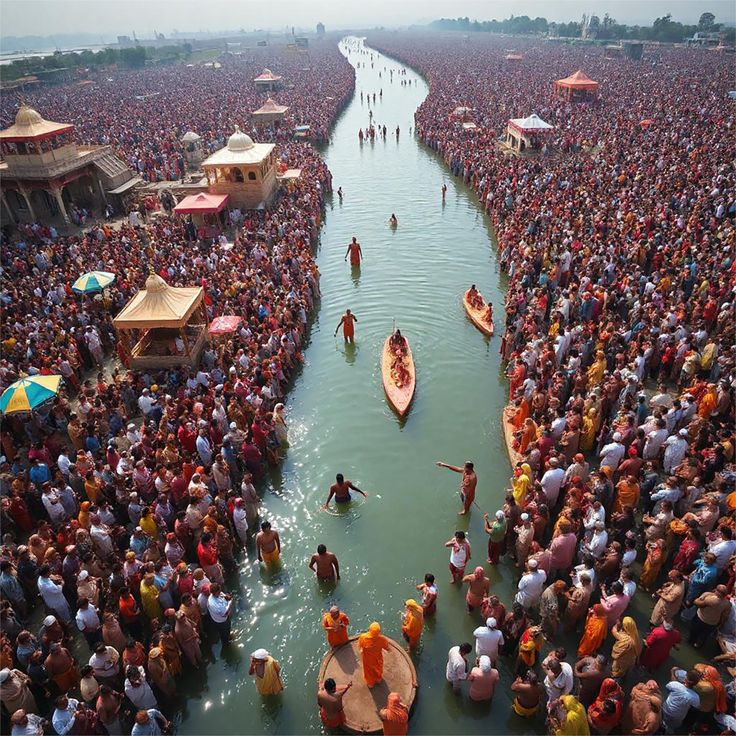
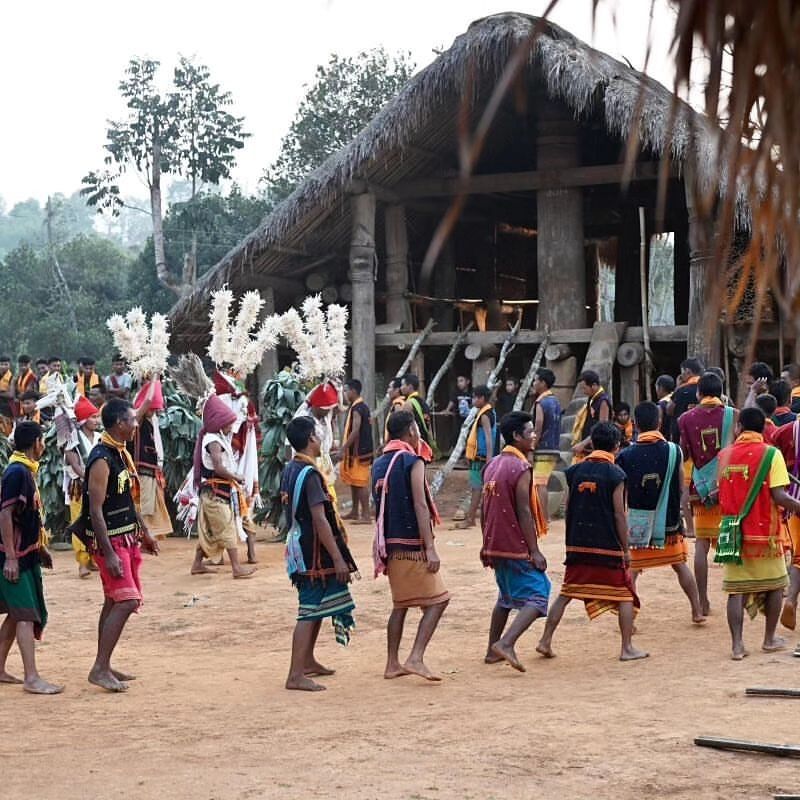
Tribal Life & Local Communities
Majuli is home to diverse tribal communities like the Mishing, Deori, and Sonowal Kachari. Their traditional bamboo stilt houses, colorful weaving practices, and folk songs reflect a deep bond with nature. Visitors can interact with these communities, witness handloom weaving, and taste homemade rice beer—a part of their social fabric. Staying in homestays run by tribal families is highly recommended, as it offers an authentic glimpse into rural Assamese life. This cultural exchange makes Majuli more than a tourist destination—it feels like becoming part of a family.
Festivals & Celebrations
The cultural calendar of Majuli is filled with festivals that bring the island alive with colors and sounds. The most famous is Raas Leela, a grand theatrical performance depicting the life of Lord Krishna. It is celebrated with devotional songs, mask dances, and vibrant costumes, attracting visitors from across India and abroad. Other local fairs and harvest festivals showcase traditional dances, folk theater, and music. Travelers visiting during these times will witness Majuli’s community spirit at its peak, making it the perfect season to experience Assamese culture in its purest form.
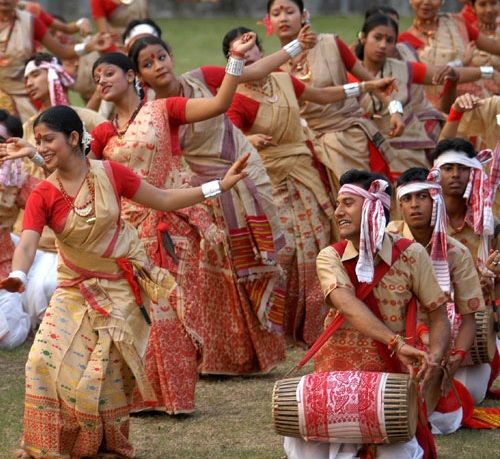
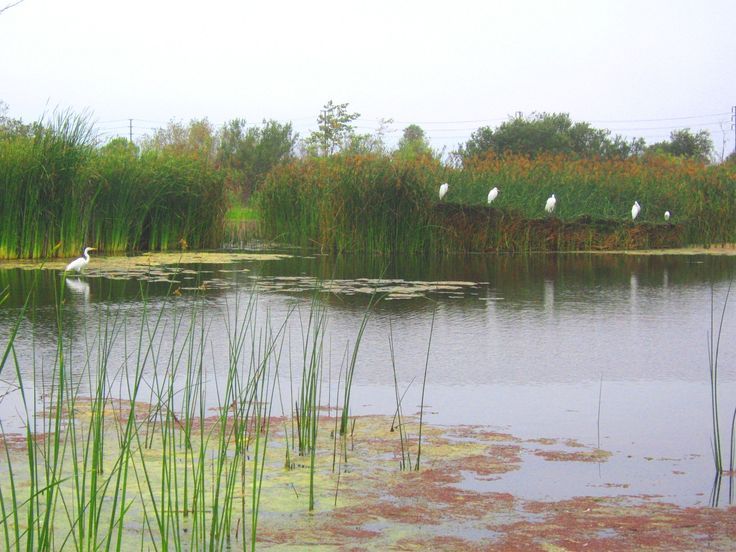
Natural Beauty & Birdwatching
Beyond its cultural richness, Majuli is a paradise for nature lovers. The island’s landscape is a mix of paddy fields, wetlands, and riverine habitats, creating a haven for migratory birds. Birdwatchers often spot species like Pelicans, Siberian Cranes, and Whistling Teals. Cycling along Majuli’s quiet lanes or taking a boat ride at sunrise offers peaceful moments amidst nature. With its lush greenery and serene atmosphere, Majuli is an ideal escape from crowded tourist spots.
Assamese Cuisine on Majuli
Food in Majuli is simple yet bursting with authentic flavors. The cuisine revolves around fresh fish from the Brahmaputra, rice, and organic vegetables. Travelers should not miss dishes like fish tenga (sour fish curry), pitika (mashed delicacies), and unique tribal dishes cooked in bamboo. Traditional rice beer (apong) is an integral part of social gatherings, reflecting the hospitality of the local people. Eating in a Majuli household or a tribal homestay is one of the best ways to experience true Assamese cuisine.
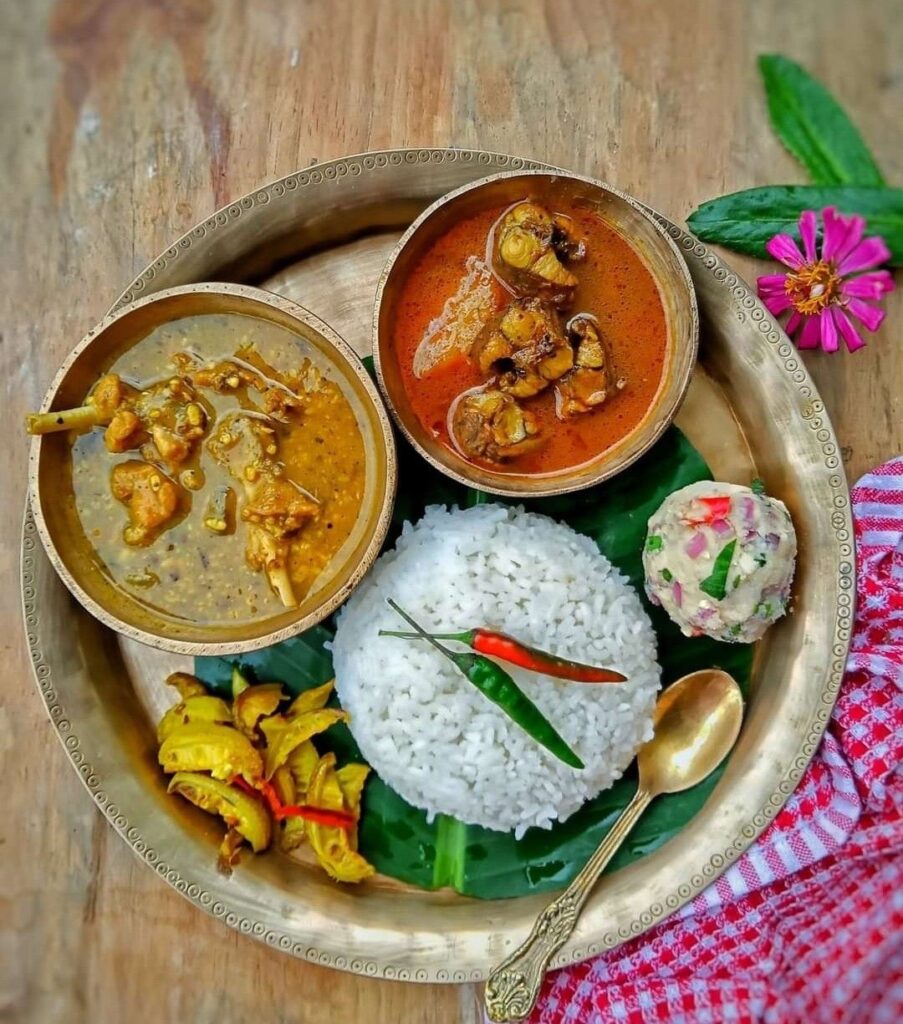
Frequently Asked Questions (FAQ)
1. Where is Majuli Island located?
Majuli is situated on the Brahmaputra River in Assam, Northeast India. It lies about 20 km from Jorhat town, which serves as the main gateway to the island.
2. How do I reach Majuli Island?
The most common route is to travel to Jorhat by road or air, and then take a ferry ride across the Brahmaputra to Majuli. Ferries operate multiple times daily.
3. What is the best time to visit Majuli?
The ideal time is from October to March, when the weather is pleasant and major festivals like Raas Leela are celebrated.
4. Is Majuli safe for tourists?
Yes, Majuli is very safe for travelers. The locals are warm and hospitable, and most visitors find their stay peaceful and welcoming.
5. How many days are enough for Majuli?
A 2–3 day trip is ideal to explore Satras, local villages, cultural performances, and nature trails at a relaxed pace.
6. Can I stay on Majuli Island?
Yes, Majuli offers guesthouses, eco-camps, and homestays, many of which are run by local families, ensuring a comfortable and authentic experience.
Majuli Island is not just a destination—it’s a journey into the cultural and natural heart of Assam.
Whether you want to explore centuries-old Satras, enjoy tribal hospitality, or simply relax amidst lush greenery, Majuli offers an unforgettable travel experience. Plan your trip to this unique river island and discover why Majuli is called the soul of Assamese culture.
🪶 Start Your Journey at welcomassam.com
